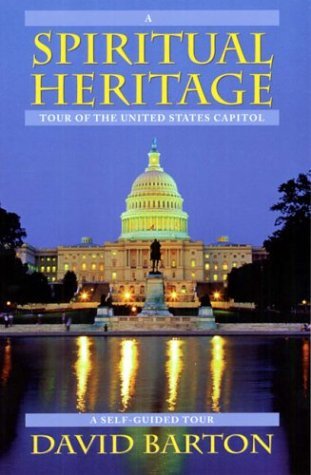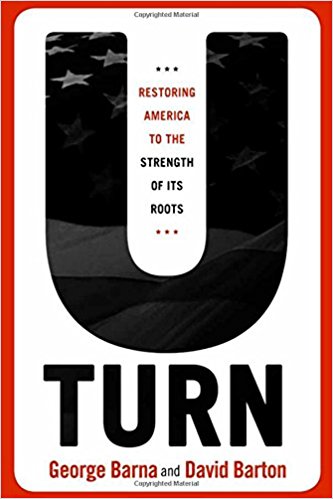Once you begin examining primary sources, what do you do with the information that you find? What if it surprises you or contradicts something you have previously believed to be true? Along this vein, historian Edmund S. Morgan wrote the following essay titled “Cultivating Surprise: An Eminent Historian Reflects on the Serendipitous Experience of Research and Offers a Little Advice to Budding Scholars.” (Source)
—
I do not employ much of a method in doing historical research except to read indiscriminately everything I can lay my hands on that may relate to whatever topic has excited my curiosity. I have no system.
For me The Huntington has always been a good choice as the place to satisfy my curiosity in my own disorganized way. For one thing, it was a long way from home, away from academic duties, where I could not even be consulted about them. More importantly it had all the resources in books and manuscripts that I was likely to need. It always had a company of scholars with whom to talk and walk at lunchtime, not to talk about what I was doing—I never do that—but about ideas great and small. I have never had such stimulating conversation anywhere else. The reason I do not like to talk about my own research while doing it is that I lose the impulse, the necessity, of putting what I think I have found in writing. I firmly believe that too much discussion amounts to “talking your book away.” But talking about other ideas excites my own thought processes.
If you have studied any part of history enough to be curious about it, enough to want to do some research, you already are aware of the generally accepted views, the orthodox views, the controversies among the experts in the field, what is taken for granted and what is in dispute. You want to learn a little more about some question, and you go to the source materials that are presumably the foundation of the orthodox views. You come across something that you had not known about, something that surprises you a little. Cultivate that surprise. Do not say to yourself, “Oh, I didn’t know that,” and go on with your reading. Stop right there. Ask yourself, Why did I not know that? Is it contrary to what I had been led to expect? Is it because I did not know enough? Or is it because the people who crafted the orthodox interpretations did not know enough? Or perhaps their angle of vision was limited by what came before.
The most exciting research I have done has come from cultivating what was at first a mild surprise. An example: The first time I taught a course on the American Revolution, I was prepared to offer the received opinions I had been taught in college. The orthodoxy then was that the colonists’ opposition to taxation evolved as the British imposed new policies. The colonists’ constitutional arguments were window dressing for their economic ambitions, which historians then were fond of finding at the bottom of everything. Scholars demonstrated the frivolity of the colonial position by noting the way the arguments changed as the British shifted the mode of taxation in response to them. In opposing the Stamp Act of 1765, the colonists objected only to internal taxes. When the British repealed that act and instead imposed external taxes, such as import duties, the colonists shifted their argument to include all taxes.
In order to prepare reading assignments for the course, I wanted to use selections from original sources. I went to the pamphlets that historians often cited to illustrate the shifting colonial position. When I could not find any clear examples, I was a little surprised. I was teaching at Brown University, where I had the resources of the John Carter Brown Library at hand. I began reading other pamphlets and newspaper articles against the Stamp Act. Soon I was more than a little surprised and more than a little excited. There was no real shift. From the beginning to the end the colonists objected to all taxes. Maybe they meant what they said. (It is a good idea to assume that people do.) After several years of shotgun research, reading everything I could find, British or American, from the appropriate years (much of which I found at The Huntington), I was able to write, with the able assistance of my first wife, Helen Mayer Morgan, a book on the Stamp Act crisis.
I could cite other examples of cultivating surprise from most of the books I have written. But I want to offer a couple of other pieces of advice to anyone drawn to intellectual pursuits—from young scholars to armchair historians. First, and probably most idiosyncratic, try to forget philosophies of history and theories of historical causation: Marxist, Straussian, postmodern, or whatever. You probably have one, conscious or unconscious, but try not to let it get in your way. Cultivate that surprise when the documents don’t seem to support your views. Next, try to keep your research and your writing together. Don’t wait until you think you have entirely completed your research before beginning to write. As soon as you begin to see connections between things that you had not noticed before, start writing what you think you have found out about them, even if these writings seem fragmentary. Don’t get too systematic. Don’t make elaborate outlines with headings and subheadings. Don’t spend a lot of time arranging your notes. Stop stalling and start writing.
This is especially important if you are following the shotgun approach. Write while you still have the excitement of discovery. You may later have to scrap what you write. I do a lot of scrapping before I finish: paragraphs, pages, chapters. But I don’t really know what I think until I try to write it. If I have great difficulty putting an idea into words, it is probably because the idea is fuzzy and needs thinking through. I have sometimes been embarrassed to find that I was holding two inconsistent ideas at the same time. It can be very helpful to have someone go over these preliminary drafts, not necessarily a historian, but someone who can grasp your argument and view it, so to speak, from the outside, which my present wife does. She can be tenacious in questioning possible inconsistencies, large or small, or infelicities in writing. I reason that if she doesn’t “get” the argument, I may need to recast or clarify it.
Besides clarifying your thinking about a subject, writing about it will focus the rest of your research. You will probably have narrowed the target and saved yourself from some irrelevant work. You now have a tentative theme, a more clearly defined question to guide what you do next. You may also discover that the materials have presented you with a different and more interesting question than the one you began with. Don’t hesitate to change. Go with what excites you. Research should be fun. Yes, it requires a lot of scut work, sifting through stuff that yields no gold. But if you lose the excitement, the curiosity that drove you to it in the first place, what’s the point? Unless you feel a compulsion, you may be in the wrong business.










